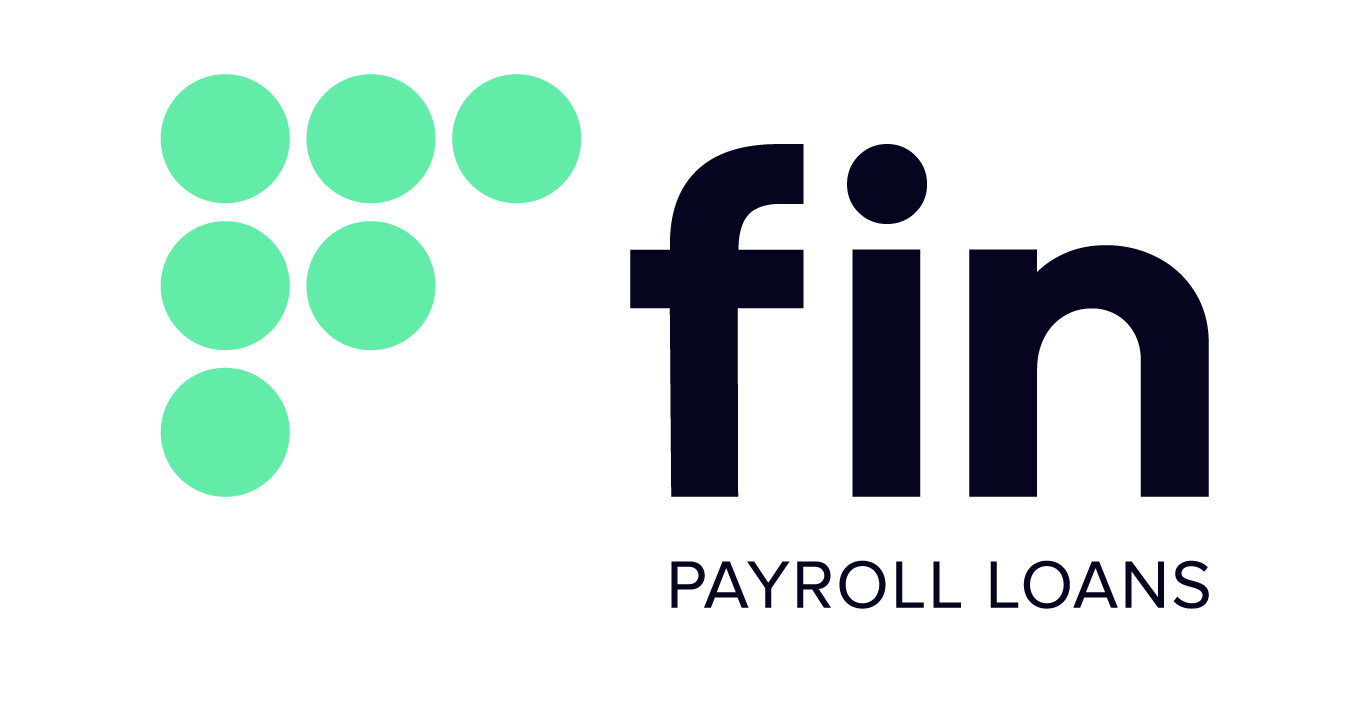Why and How We Should Measure Success of Financial Well-Being
Financial wellness is not just a trend but a way of thinking about money that recognises the various pressures and stresses most people experience. In an increasingly complex financial world, it is essential to find new ways of measuring and monitoring the challenges people face in managing their money so that you can support them as an employer.
Financial wellness is an umbrella term for initiatives that help consumers manage their money better, plan, and reduce their debt or loan payments. In other words, it’s about empowering people with the knowledge and tools they need to succeed financially so they feel more confident, less stressed, and more economically stable. Whether you’re looking to build your own financial wellness program or partner with a Financial Wellness Provider, this article will give you everything you need to know about measuring success and tips on making sure the program thrives long-term.
Why is measuring success so important?
Firstly, it’s important to remember that you cannot solve the financial well-being of people; you can only provide them with the tools to empower themselves. Therefore, you need to ask employees which tools they want. Otherwise, you might provide them with the wrong ones.
Secondly, you won’t know the success of the tools you buy if you don’t measure them on an ongoing basis. You could have the right tool but the wrong roll-out. But unless you measure, you won’t know.
Thirdly, financial well-being is not a ‘nice to have’. It’s an area that affects the operation of your entire business because when people are preoccupied with financial stress, their productivity drops.
How to measure the success of financial wellness programs?
There are one of two methods of measuring financial wellness. Firstly, ask staff directly using a workplace financial well-being survey. These surveys give you direct, actionable data on what employees want, how they’re doing financially and the impact at work.
The second is using proxy metrics (many of which you already measure) to validate or weaken insights you get from your survey to drive the most appropriate action. These include retention, absenteeism, and pension contributions.
What metrics should be used in the measurement?
- Staff retention data: Retention is an excellent measurement to use because you probably already measure it and have the data on hand. Considering turnover can indicate how staff feel about their employment, this suggests that staff with access to financial well-being benefits can reduce turnover.
- Absenteeism: Stress – including financial stress – is correlated with absenteeism, so higher-than-average absenteeism can indicate acute economic anxiety or chronic financial stress causing a breaking point.
- Pension fund contribution data: Changes to pension fund contributions can signify that staff are feeling the pinch.
Tips to help your financial wellness program succeed
Clearly define what you mean by financial wellness. Doing so will help you understand your goals for the program as well as the needs of your participants. It will also help you determine what metrics to track.
Have a strong partnership with your members and key stakeholders. This will help you gain support for your program and the resources you need to succeed.
Conclusion
Financial wellness programs aim to empower people with the knowledge and tools to succeed with money, so they feel more confident, less stressed, and more financially stable.
To measure their success, we need to understand what people need and want from these programs and what metrics we can track to measure their progress. Measuring success is essential because it helps us understand our programs’ effectiveness. It will also help us determine what areas need improvement so the program can continue to serve people effectively.
With a clear understanding of financial wellness, you can better design and implement a program that delivers people’s desired results.



